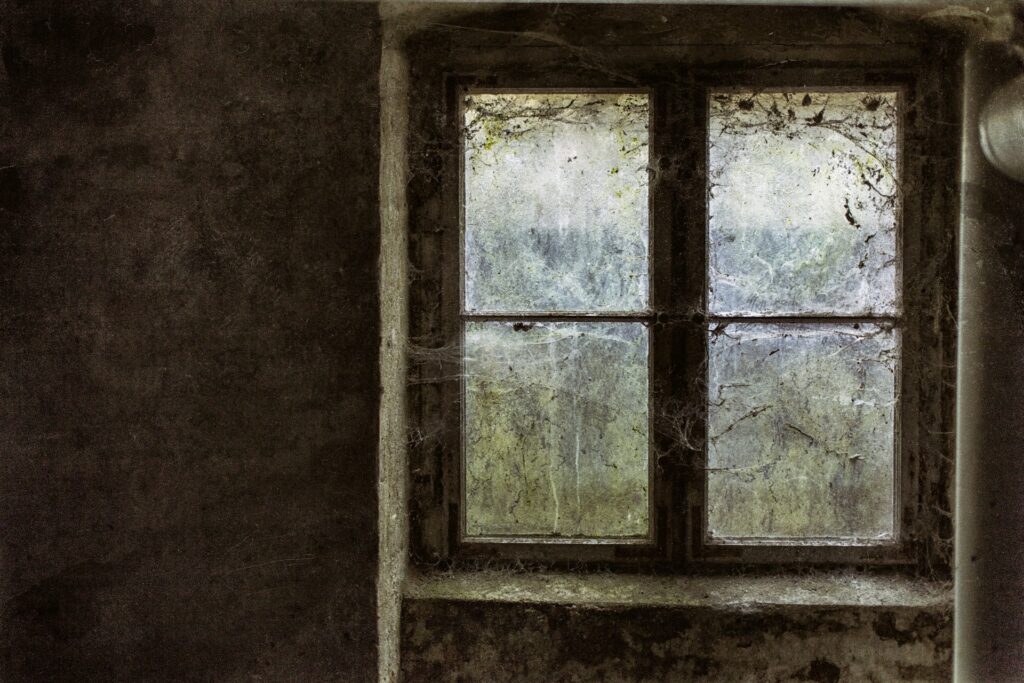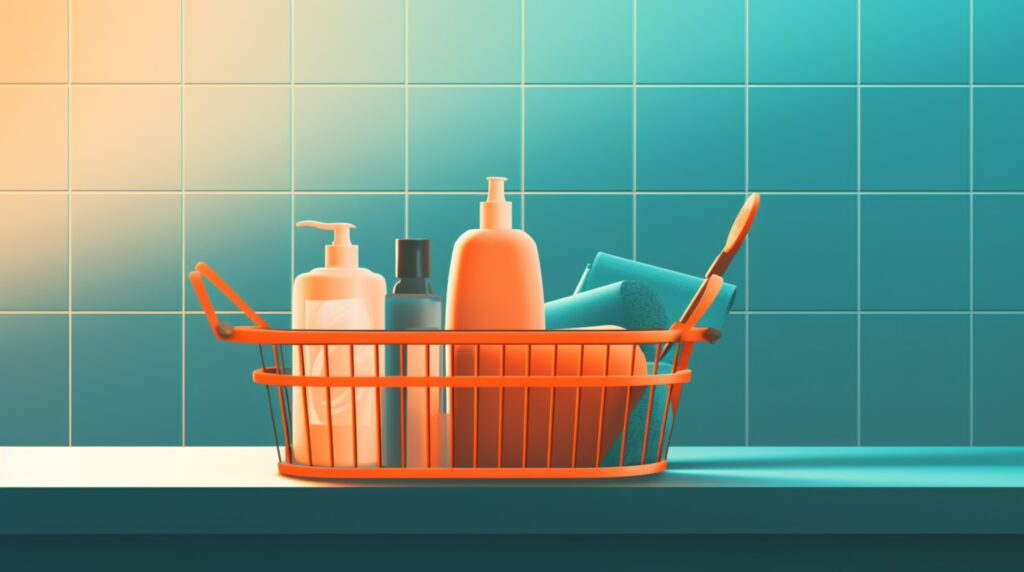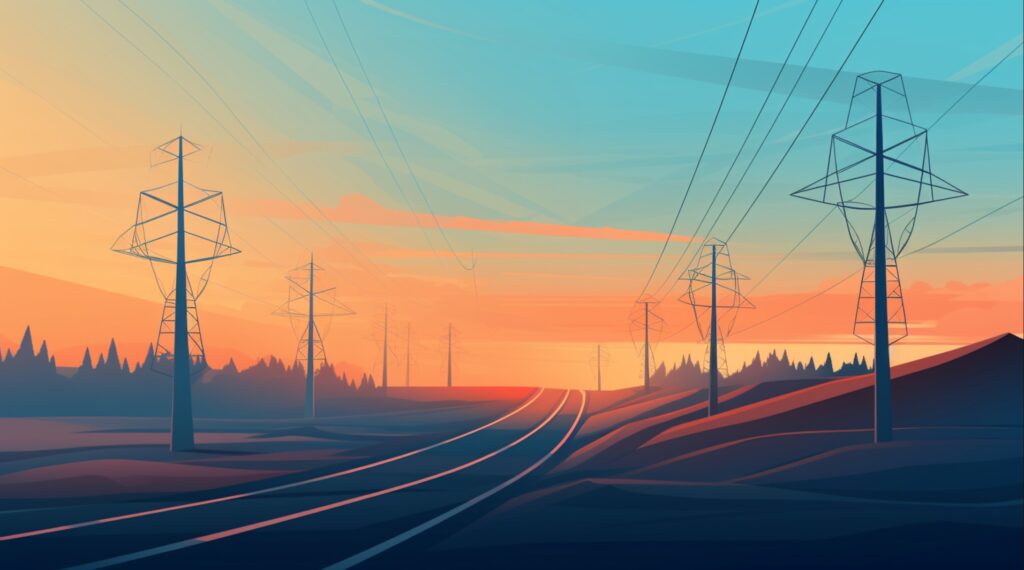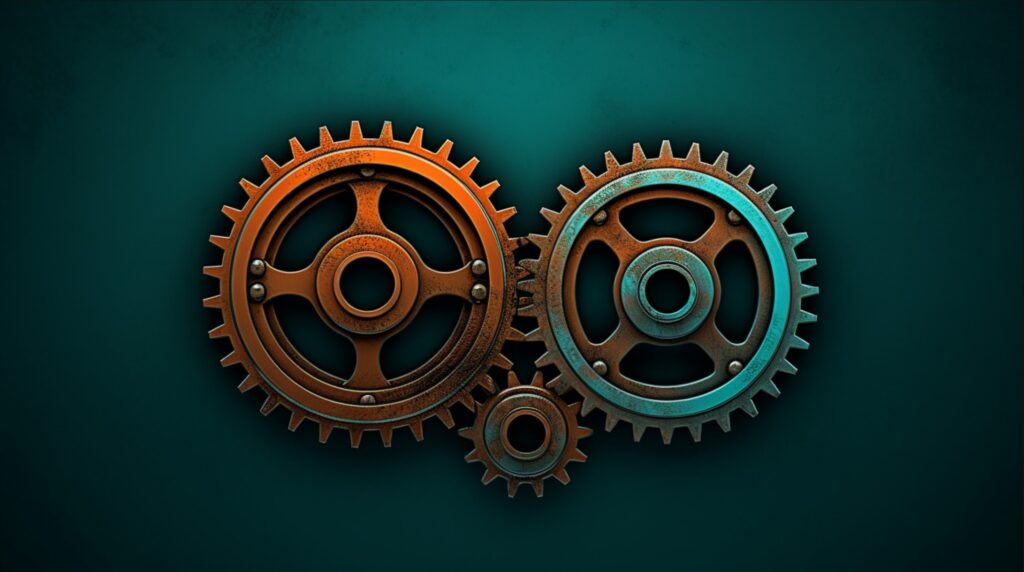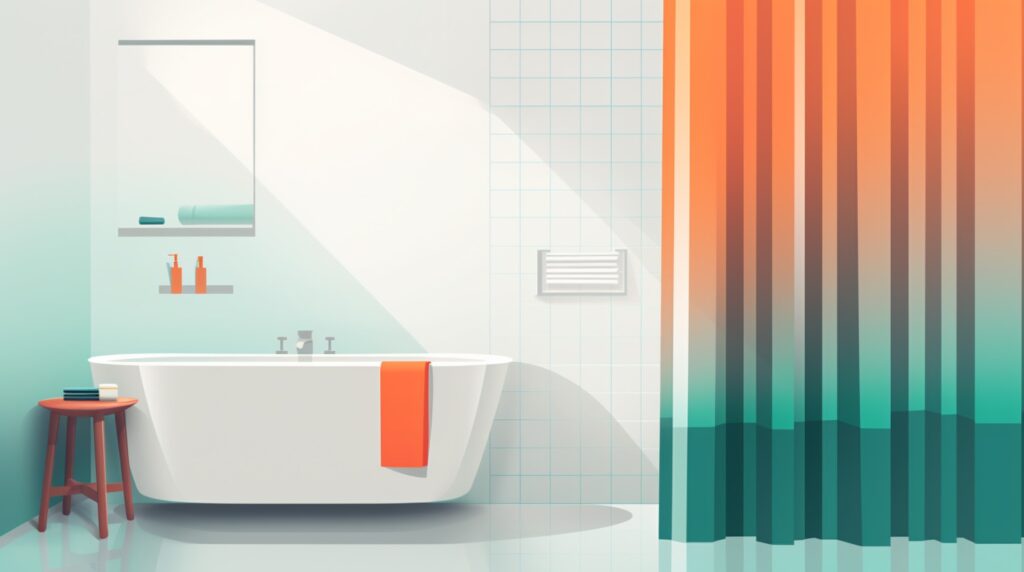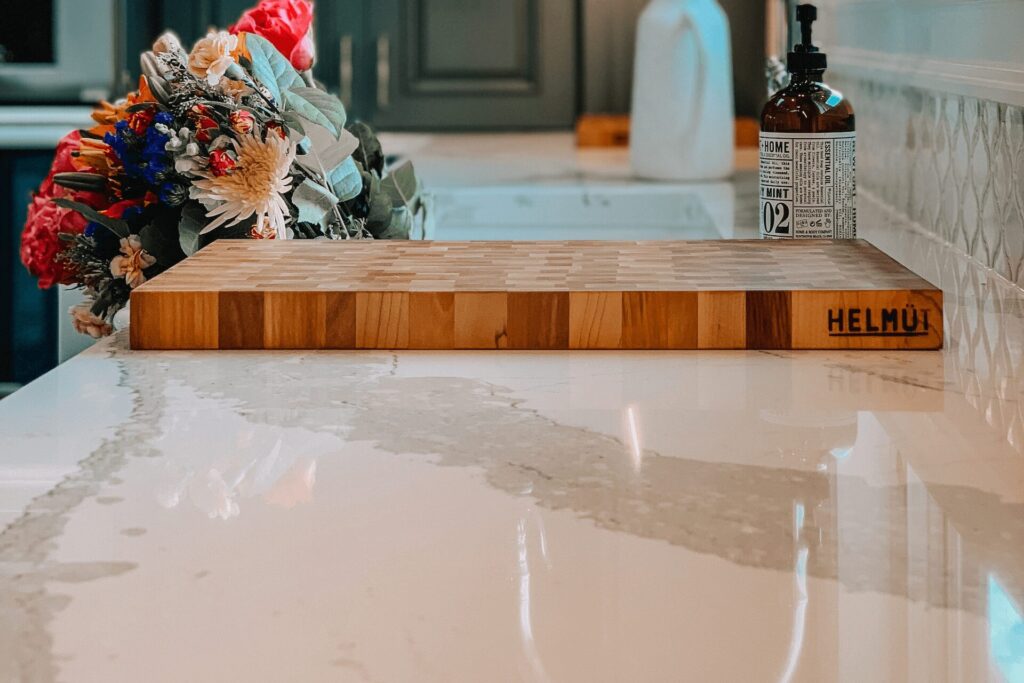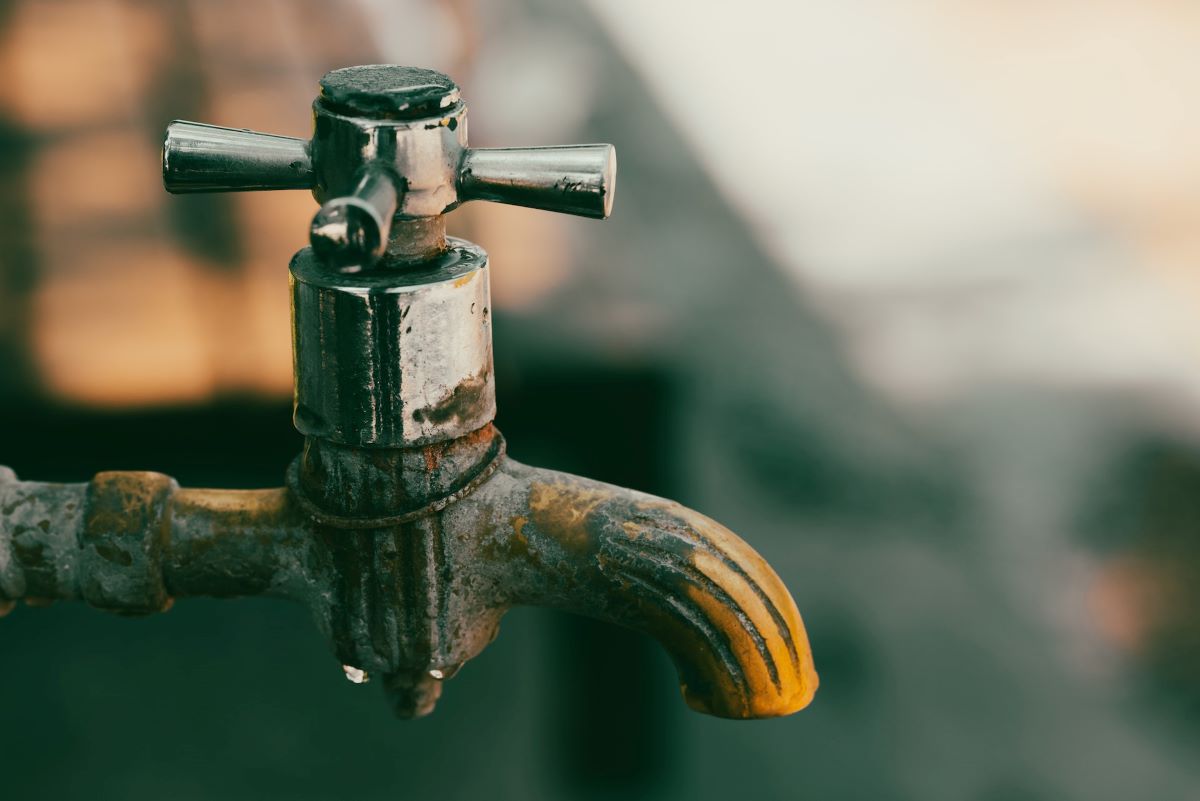
We are reader-supported. When you buy through links on our site, we may earn an affiliate commission.
Water is water, right? Actually, your household water may differ from others based on where you live and where the water originates. Whether you have a public connection or use a well or spring on your property, your H2O will either be soft, hard or in between.
What do these differences mean, and how can you tell if you have hard water? This guide will teach you what to look for and how to perform tests to know for sure.
What Is Hard Water?
The levels of calcium and magnesium in your water determine how hard or soft it is. Extremely low amounts of these elements create soft water, while heavily concentrated amounts lead to hard water.
Hard water is generally considered a bad thing to have. Over time, the calcium and magnesium deposits build up in your plumbing and can wreak havoc on your home appliances.
Warning Signs of Hard Water
Even without fancy tests, you can often tell if you have hard water. If you’re noticing most of these warning signs, you should test and correct the problem.
1. Decreased Water Pressure
Mineral deposits can build up in your pipes and reduce the water’s ability to flow normally. The result is lower pressure in your shower and taps. You may also notice the effects of low flow in your ice maker, dishwasher and washing machine.
2. Orange Buildup in Sinks and Showers
Rust-colored stains in your shower and sinks are a sure sign of hard water. Well water, especially, is known for high concentrations of iron. When water runs down your drain, iron is left behind and stains your bathroom a nasty shade of orange. These deposits may also clog your shower head and faucets.
3. White Deposits on Faucets
When calcium deposits remain behind on your tap, they calcify, leaving a scaly, hard white residue. It’s unsightly and challenging to scrub off.
4. Brittle Hair and Dry Skin
The minerals in hard water are also tough on your skin and hair. You may notice your hair breaks more easily or increases your shedding. Both your skin and hair will be drier from a build-up of deposits. Anyone in your home prone to eczema will have increased flair-ups.
5. Appliances Not Working Properly
Your washing machine and dishwasher can’t work properly when the water they’re using is full of minerals. Your clothes won’t get as clean, and they’ll show wear much sooner. You may also notice strange orange or grey stains. Your dishes will develop a film or splotches and will break more easily.
6. Increasing Utility Bills
As your plumbing and fixtures fill with mineral deposits from the hard water, they must work harder to function normally. Eventually, you’ll see a hike in your water and heating bills.
7. Fewer Soap Suds
When you shower or bathe in hard water, you’ll also need to use more soap than others. It prevents your shampoo and body wash from sudsing up like normal.
How to Tell if You Have Hard Water
The above warning signs are more than just a nuisance — they can lead to costly repairs and replacements. If you’ve been dealing with these for a while, it’s time to get your water tested in a more official capacity.
1. Soap Suds Test
The first test is simple yet a decent indicator of your water’s hardness. You probably even have everything you need already.
Gather:
- A bottle or jar with a lid
- Dish soap
- Water straight from the tap
What to Do:
- Fill the bottle or jar three-quarters full with the tap water you’d like to test.
- Add in a few drops of dish soap.
- Shut the lid of the bottle or jar you’re working with.
- Give the solution a good shake.
- Place it back on your counter and take a look inside:
- If the water is clear and you see a good amount of bubbles, the water is soft.
- If the water is cloudy and there aren’t many bubbles, the water is hard.
2. Check Your Local Water Testing Data
You can also check with your local provider to tell if you have hard water in your area. They may not be able to give you an answer for your specific home, but they can at least give you the results of their testing.
3. Call a Professional
To get more details about the water at your house, you can call professional testers to draw a sample. They’ll come to pull water from the source and take it to their lab for testing. You’ll get an email or letter with the results of their findings. They can test for contaminates and the water’s hardness, so you’ll learn a lot about the safety of your water.
4. Try an At-Home Testing Kit
To save money, you can buy water testing kits at the store or online. These are inexpensive and quite accurate. You’ll collect water in plastic containers and conduct the different checks using included testing strips. Follow the color-coded guide for your results.
Should I Be Concerned About Hard Water?
Thankfully, hard water doesn’t pose a health risk to you or your family when you drink it. It does, however, tend to dry out your skin and hair.
The biggest concern is its effect on your plumbing and appliances. The build-up decreases water flow and efficiency. Without correction, you’ll likely continue to see high utility bills, replace your appliances more often and be on first-name terms with your local plumber. You can also expect to replace your clothing and dishes more often since hard water wears them down faster.
Have You Seen the Signs?
Dealing with hard water can feel like your home is under attack. If you’ve been dealing with the warning signs and tested for hard water, it’s time to do something about it. Things will only worsen as you wait. Research the best solutions for your family, including faucet filtration or installing a filter at the source.



